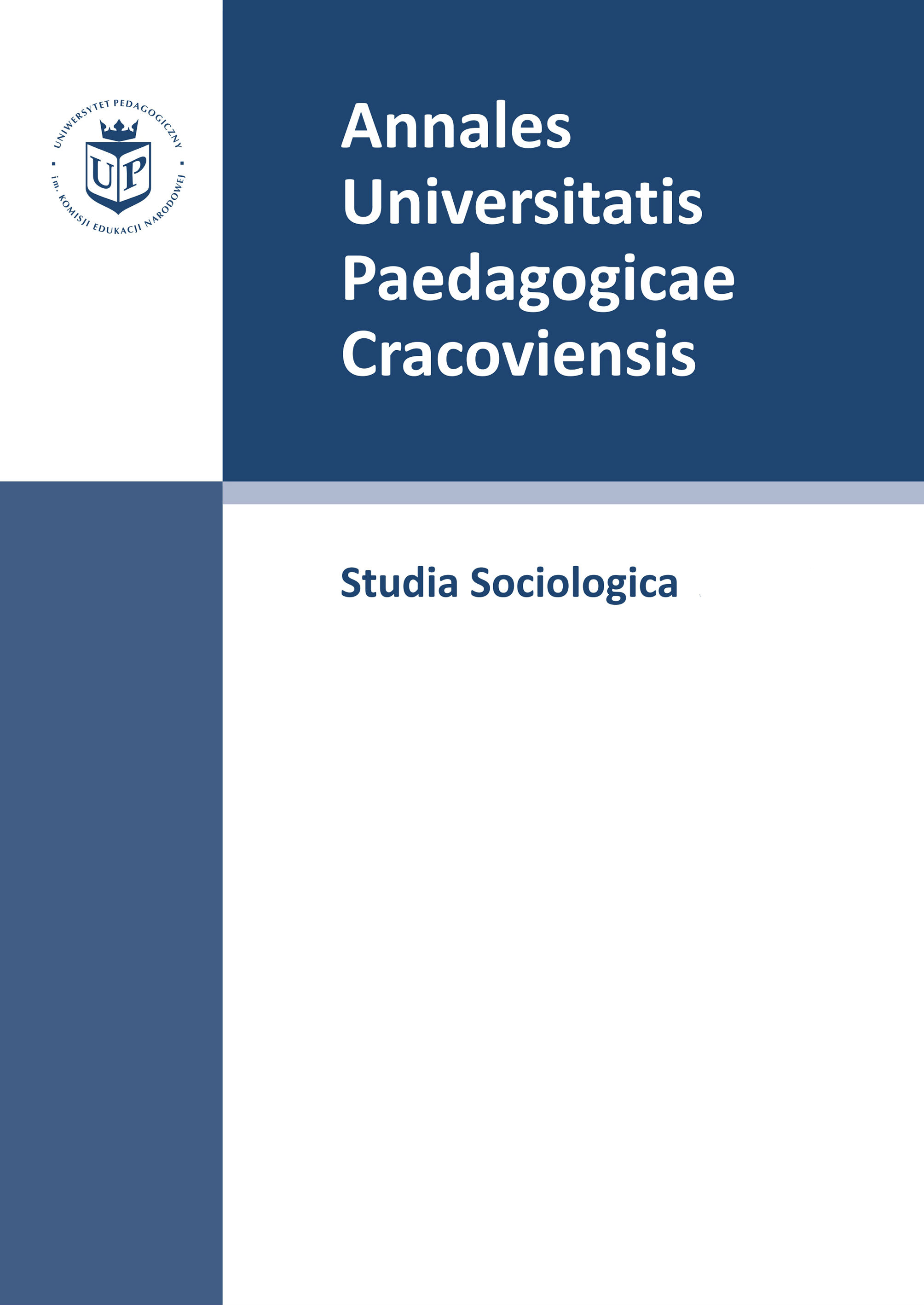Językowe i kulturowe wyznaczniki rozwoju teorii umysłu u dzieci głuchych
Linguistic and cultural determinants of Theory of Mind development in deaf children
Author(s): Joanna KossewskaSubject(s): Psychology
Published by: Wydawnictwo Uniwersytetu Komisji Edukacji Narodowej w Krakowie
Summary/Abstract: An overview of contemporary studies on the issue of theory of mind in deaf children is presented in the article. The author analyses conditions of developmental delays revealed by deaf children raised in hearing families. This delay is not, however, a simple consequence of deafness per se, but rather a result of interaction of deafness influence, and contextual linguistic and cultural variables. Child’s participation in conversations carried out using sign language, regarding mental states and processes, both at home and in school, seems to be crucial for the natural course of the development of false belief understanding. Practical implication of cited conferrals comes down to the postulate of a signing model in the development of a child brought up in a hearing family and the common bilingual education, based on the assumption that a deaf child must first master sign language, and then national language as a foreign one, because even in native signing families, ToM development in deaf children may be delayed if the child is educated in an oral education-oriented school.
Journal: Annales Universitatis Paedagogicae Cracoviensis. Studia Psychologica
- Issue Year: V/2012
- Issue No: 1
- Page Range: 67-84
- Page Count: 18
- Language: Polish

